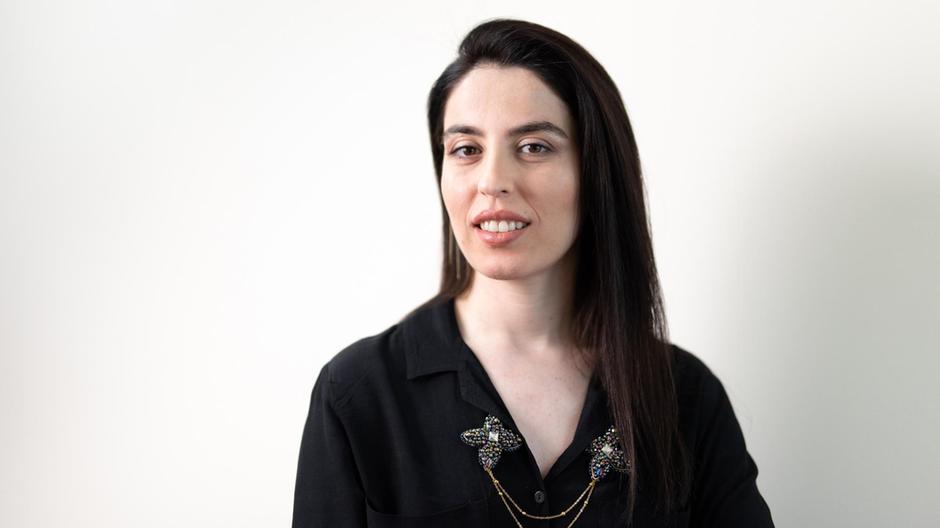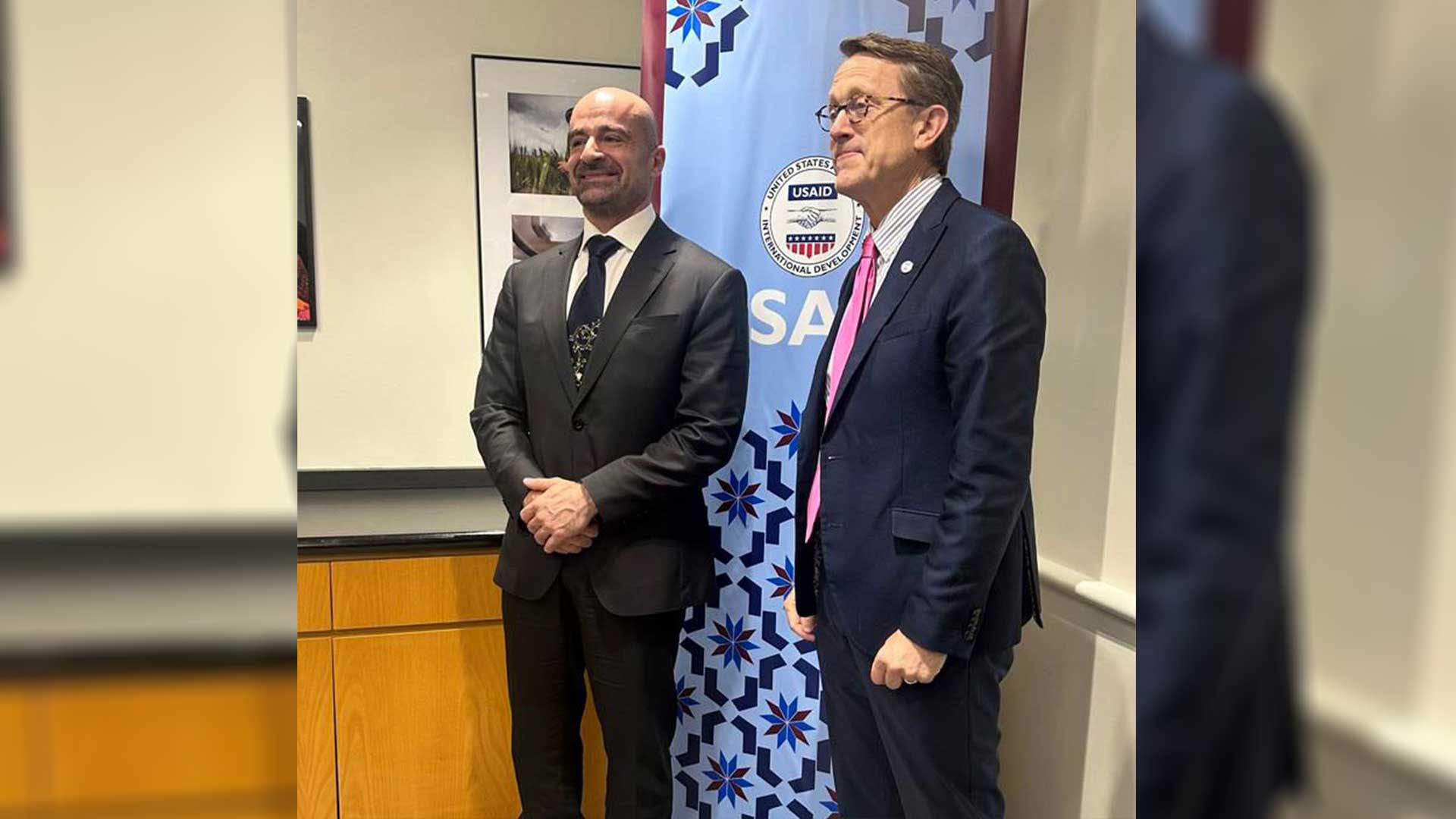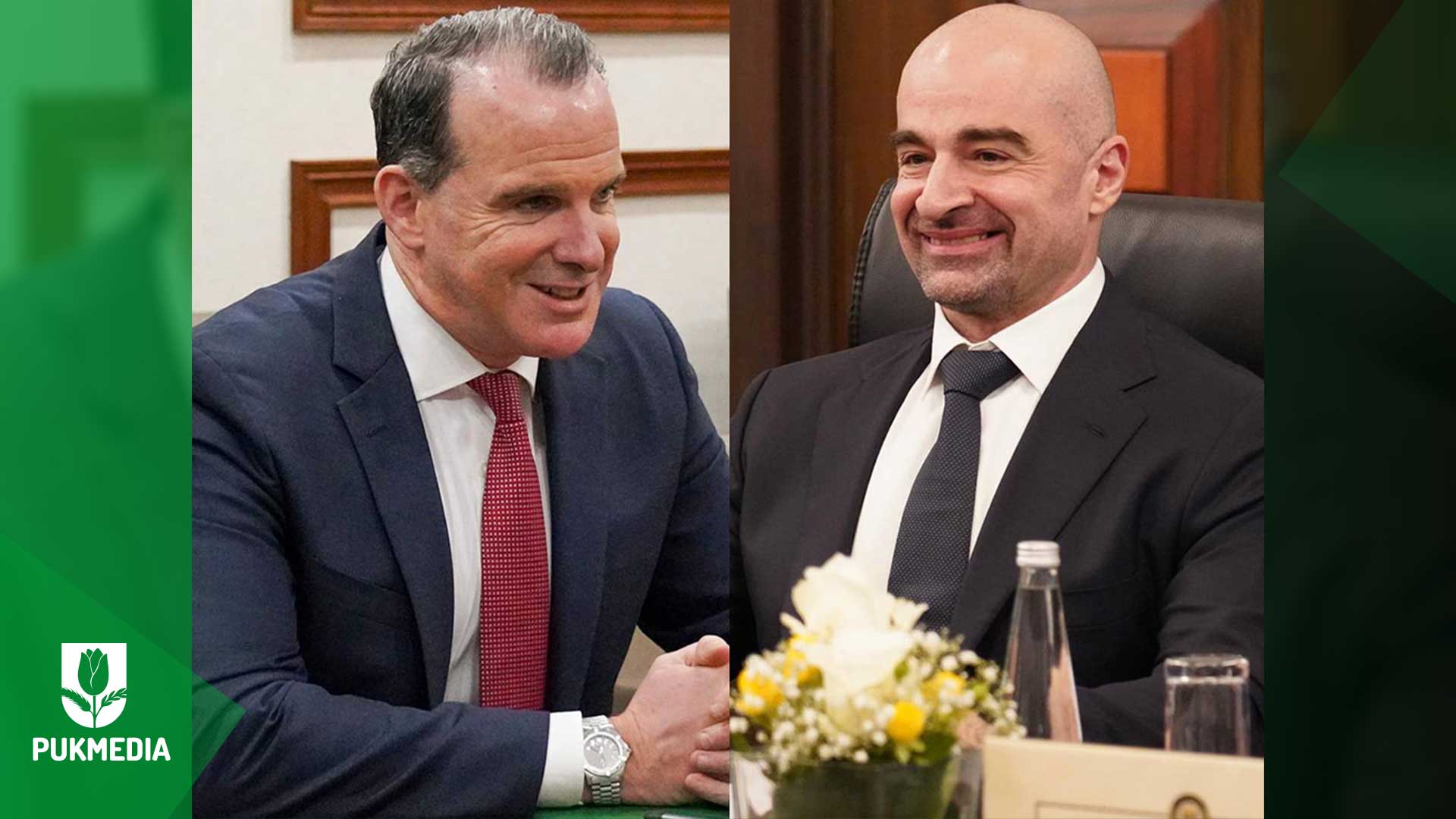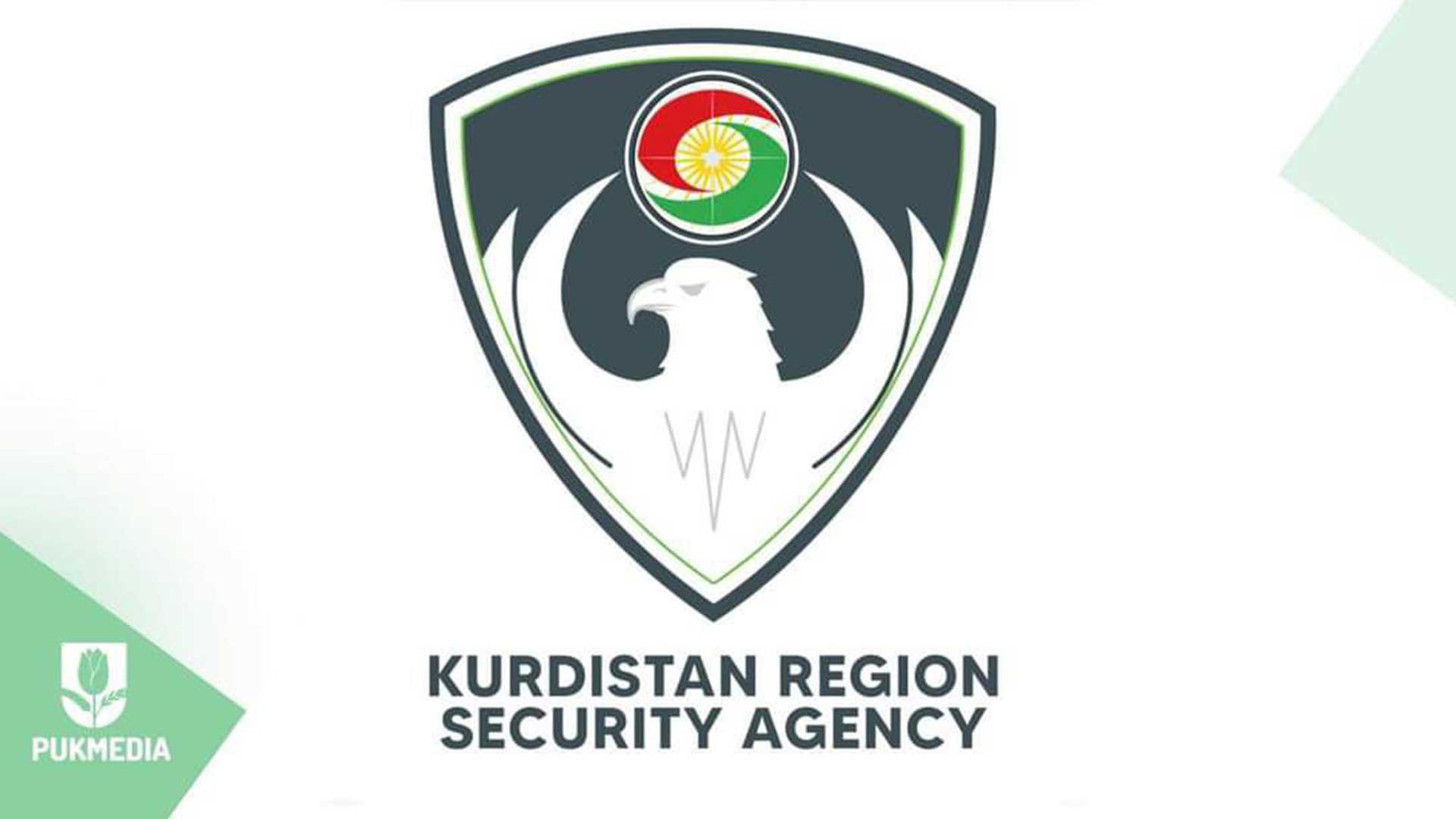Iraq's Basima Abdulrahman, founder of Kesk, wins Cartier Women’s Initiative Award
Women 10:09 PM - 2021-05-26
.
Cartier has announced the eight winners of its 2021 Women's Initiative Awards, with Basima Abdulrahman from Iraq scooping the top prize for the Middle East, for her company Kesk.
"Being named as a Cartier Women's Initiative laureate is a huge step forward, as it shows that no matter where you come from, you can always dream big," Abdulrahman said following the announcement.
Since launching in 2006, Cartier Women's Initiative has supported female entrepreneurs around the world.
There are eight categories, and the winning laureate in each category receives $100,000, while runners up receive $30,000.
Abdulrahman's prize winning company, Kesk, was founded to help reduce the difficulties faced by many Iraqis in need of a stable electricity supply.
Hailing from Iraq, Abdulrahman knows first hand the difficulties of navigating the summer heat on a few hours of electricity a day. As the national grid struggles to keep pace with demand, Iraqi citizens are often left trying to cope with temperatures of up to 50 degrees centigrade with little or no air conditioning.
“The electricity crisis has been a big deal. People protest about it once or twice a year,” Abdulrahman explains. “Iraqi citizens get no more than 12 hours of electricity from the main grid each day. Iraqis are searching for alternative sources of energy.”
While studying for her masters in civil engineering in the US, Abdulrahman was introduced to the concept of green building design and the rating system known as Leadership in Energy and Environmental Design. Seeing the potential for helping solve Iraq’s power supply issues, she founded Kesk in 2018 as an engineering and design consultancy.
However, with little interest from the Iraqi government, and local businesses facing multiple concerns, Kesk shifted to building and testing its own stand-alone solar AC units in 2020.
To make the units cheaper and simpler to run, the expensive battery that stores the power accumulated during the day was removed. While the downside is that the unit cannot deliver power at night, the substantially reduced price, Abdulrahman believes, makes it a viable alternative for those facing power outages.
“You have solar AC working all day, so your house will cool down,” she says.
With the average Iraqi household running four AC units, Abdulrahman believes that shifting just one to solar power will have a huge impact.
“This kind of product is going to be very helpful for Iraq because AC units consume 60 to 70 per cent of Iraq’s energy,” Abdulrahman explains. “In the next 12 months we plan to install at least 100 units.”
With ambitious plans to sell 3,000 to 5,000 units over the coming five years, Abdulrahman believes there is huge potential beyond just homes.
“We want this to be not just for individual consumers but for businesses, schools, universities, hospitals—any kind of building that demands energy from nine to five.”
To enable people to adopt this technology, Kesk is working with financial institutions to offer instalment plans, and is training technicians, creating employment opportunities.
Kesk is also developing a portal to gather data about energy savings, and Abdulrahman and her team are looking towards a future where green building practices are implemented across the country. With the ability to create buildings that produce clean energy, harvest rain water, help with biodiversity and even produce food through concepts such as rooftop farming, Abdulrahman’s wish is that Iraqis will be less reliant on the power grid.
PUKmedia \ The National News
More news
-
Pire: The PUK Seeks Political Stability
01:52 PM - 2024-05-15 -
Qubad Talabani: Kurdish Teachers Have Always Defended & Sacrificed for Our Nation
09:43 AM - 2024-05-15 -
IHEC Resumes Elections' Preparation in Kurdistan Region
11:32 AM - 2024-05-14 -
Kurdistan Toilers' Party Praises PUK's Stances
02:54 PM - 2024-05-13
see more

P.U.K 02:11 PM - 2024-05-15 PUK President: Continued Cooperation is the Main factor in Ensuring Security
PUK President: I Have Full Confidence in the Capabilities of My Country's Youth
12:28 PM - 2024-05-14
PUK President: We Oppose Attempts to Obstruct Elections
09:20 AM - 2024-05-14
Europe's Most Wanted Human Trafficker Arrested in Sulaymaniyah
04:08 PM - 2024-05-13
Iraqi President: Food Security is At Stake
11:37 AM - 2024-05-12
Most read
-
Qubad Talabani: Kurdish Teachers Have Always Defended & Sacrificed for Our Nation
Kurdistan 09:43 AM - 2024-05-15 -
Pire: The PUK Seeks Political Stability
P.U.K 01:52 PM - 2024-05-15 -
PUK President: Continued Cooperation is the Main factor in Ensuring Security
P.U.K 02:11 PM - 2024-05-15




.jpg)
 Application
Application


